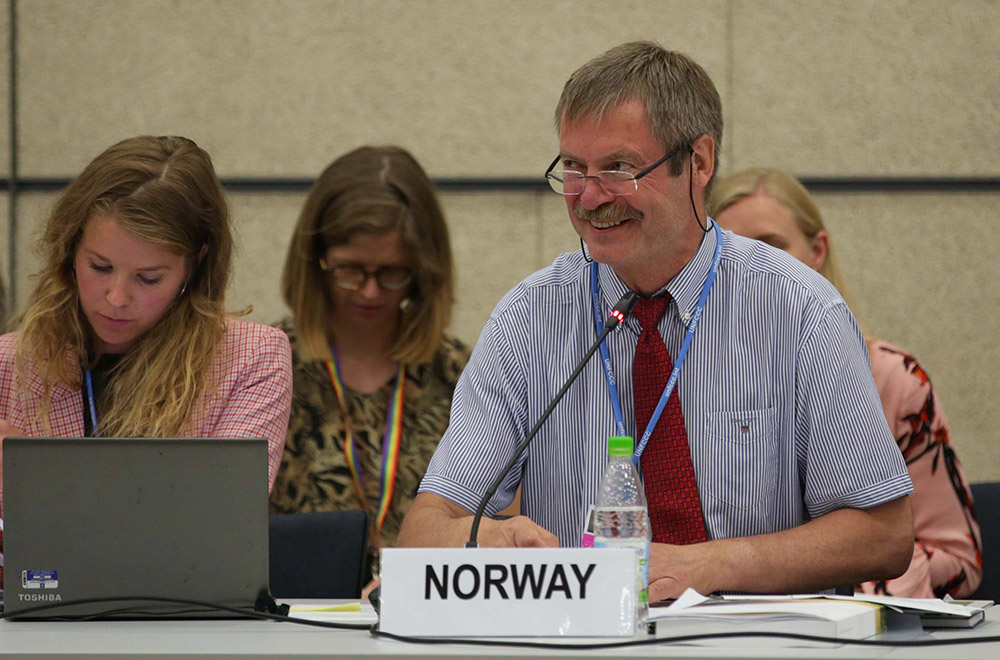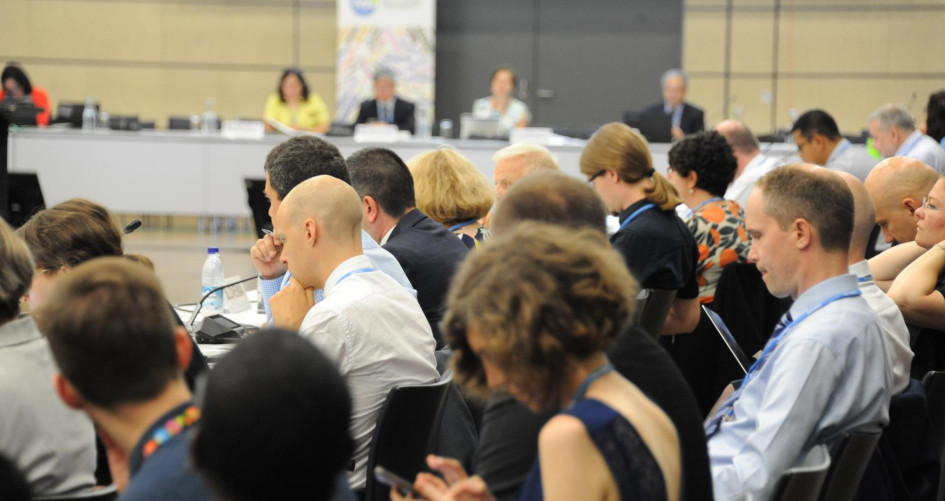UN Climate Change News, 27 June 2019 - Nineteen developed countries put their climate actions out in the open this week at the Bonn session on transparency known as Multilateral Assessment.
The sessions showcased the targets and strategies of developed countries, as well as the concrete climate actions they are taking to meet their 2020 emission reduction targets, which are crucial to achieving the goal of limiting global warming to 1.5 degrees Celsius, in line with the central goal of the Paris Climate Change Agreement.
The developed countries outlining their progress towards their 2020 targets included: Australia, Croatia, Denmark, Finland, Iceland, Ireland, Italy, Japan, Liechtenstein, Malta, Monaco, Norway, Poland, Romania, Russian Federation, Slovenia, Spain, Sweden and the United Kingdom.
The sessions showed how climate actions are improving as countries integrate lessons learned from previous policy cycles, and the portfolio of climate actions continues to expand as countries deliver towards meeting their strong political commitments.

Mr. Peer Stiansen / Photo by IISD/ENB | Kiara Worth
During Norway’s presentation, Peer Stiansen, Senior Adviser of the Ministry of Climate and Environment, said:
“I would like to thank the various review teams that have checked our information and Parties that have asked questions, because engaging with each other is what creates understanding and trust in this process and it is only human to appreciate that someone from outside takes interest and sometimes even inspiration from what we do.”
Not only were the 2020 climate action targets on show, countries referred to their 2030 targets under the Paris Agreement, demonstrating that the short-term 2020 targets are essential stepping stones to reach the mid- and longer-term targets.
Many countries also outlined their ambitious goals for carbon neutrality by 2050. For example, Finland announced it will be carbon neutral by 2035 and carbon negative soon after and Sweden has a goal for net zero emissions by 2045 with negative emissions thereafter; and other countries, such as UK, Ireland and Slovenia are legislating these goals into Climate Acts.
The showcased climate actions included:
- Emissions trading and carbon and energy taxes, which are delivering by far the most significant emission reductions; they also raise significant funding and send a price signal to businesses and consumers.
- Renewable energy targets, feed-in tariffs, green energy banks (Australia’s Clean Energy Finance Corporation is the world’s largest green bank) and competitive tendering. Spain is aiming for a 100% renewable electricity system.
- Incentives and infrastructure support for electric vehicles including the world’s first electric vehicle ferries (Norway) and two countries banning petrol cars nationally by 2030 (Iceland) and 2040 (United Kingdom).
Countries also emphasized that the experience in building institutional and policy frameworks to meet their 2020 targets has been important while implementing more ambitious national climate contributions under the Paris Agreement.
See here for further highlights of the presentations made by the 19 countries
Both the Facilitative Sharing of Views (the presentation of climate action of developing countries) and the Multilateral Assessment have highlighted the openness and honesty of all countries in outlining their climate actions and policy frameworks, which reaffirms that an effective transparency framework is essential to build trust, understanding and confidence towards delivering ambitious climate goals.
Background:
The Multilateral Assessment of developed countries’ progress in meeting their 2020 targets under the Convention has been running at UN Climate Change talks since 2014.
These transparency sessions are an opportunity for countries to share their experiences in implementing climate actions and for other countries under the Convention to ask questions on their progress.
The Multilateral Assessment took place during the Bonn climate talks on Monday 24 and Tuesday 25 June. For more information please click here.
